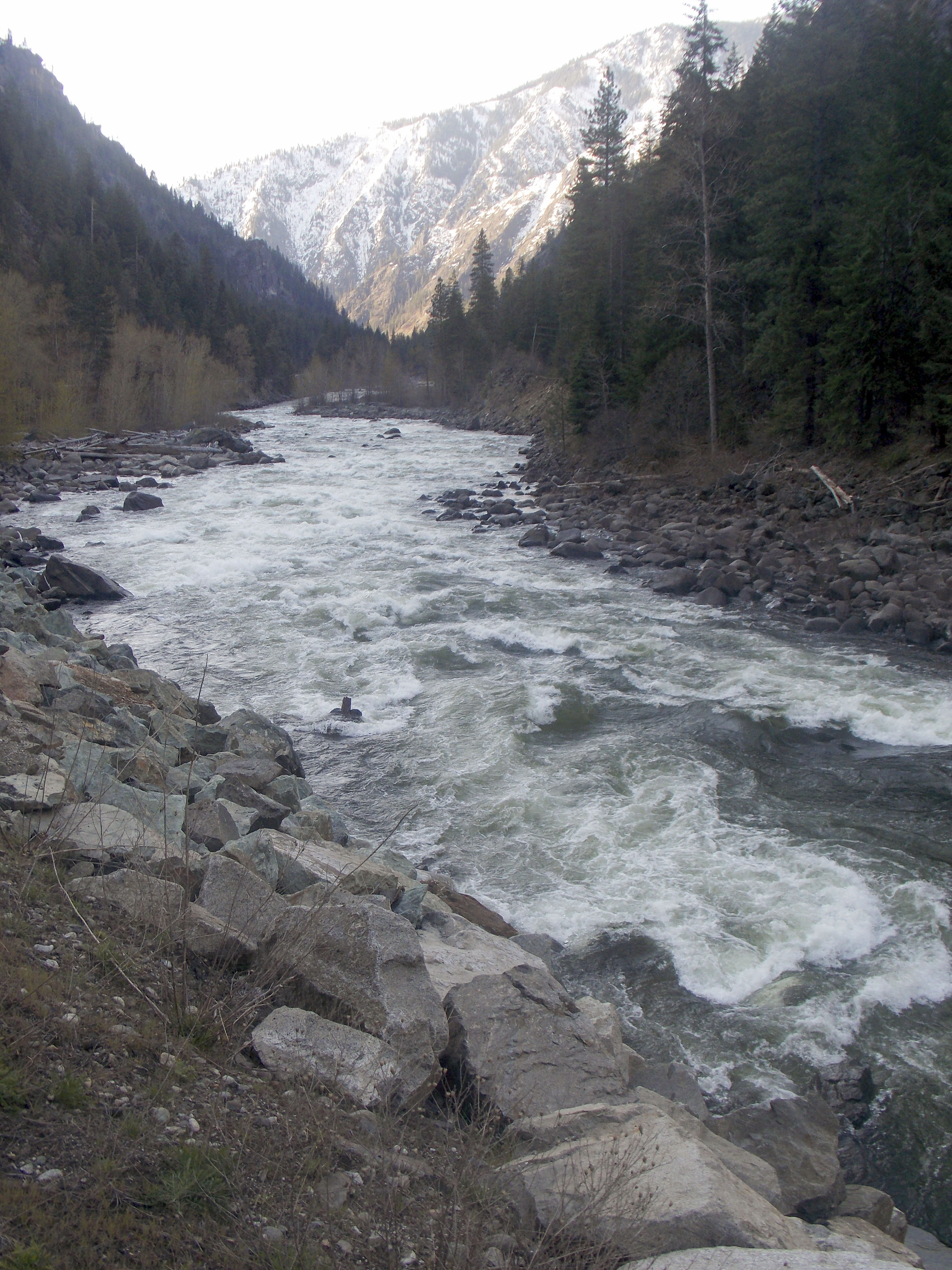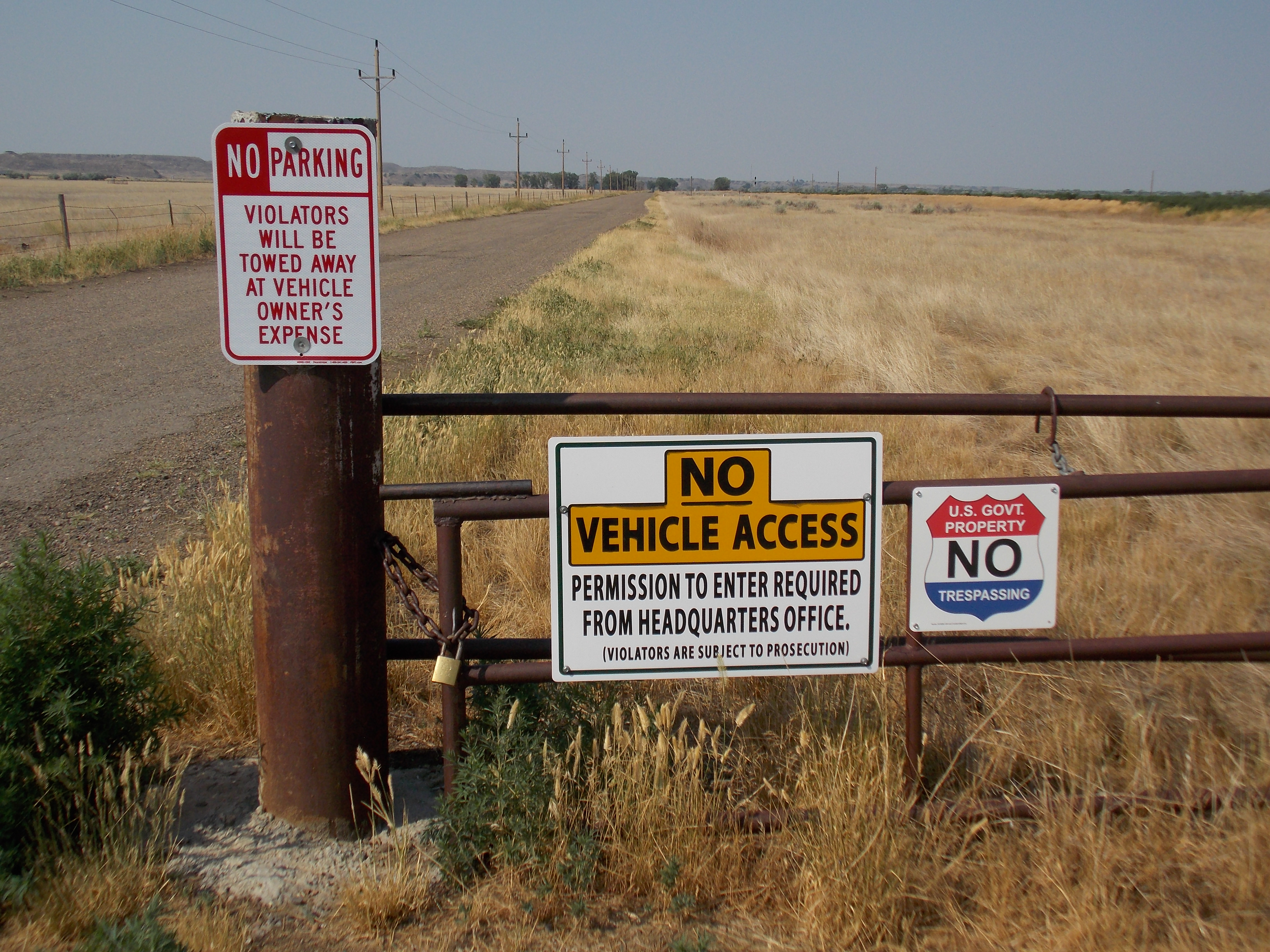Years ago, I heard ecologist Dr. Patrick Moore characterize the modus operandi of modern environmentalists exquisitely. He remarked that they remain out of reach of counter-arguments by basing their own arguments in things that can’t readily be verified or disputed by the common man. These inscrutable realms include the state of the Arctic and levels of carbon dioxide. Few people can travel to the Arctic to see if it is as described, they certainly can’t count the polar bears, and very few have the will or the means to scrutinize atmospheric carbon dioxide.
Hence, it’s exceedingly difficult to form an argument against the theses of researchers who claim to have quantified or qualified these things.
Again, it was a long time ago that I first heard this, but the observation stuck with me even after I forgot the precise quote. Fortunately, Dr. Moore himself hadn’t forgotten this theme and at the beginning of 2021 released Fake Invisible Catastrophes and Threats of Doom, expounding on this idea. Moore says of his own book:
“It dawned on me one day that most of the scare stories in the media today are based on things that are either invisible, like CO2 and radiation, or very remote, like polar bears and coral reefs. Thus, the average person cannot observe and verify the truth of these claims for themselves. They must rely on activists, the media, politicians, and scientists—all of whom have a huge financial and/or political interest in the subject—to tell them the truth.”
I thought that there was something profound here and wondered whether his characterizations could be extended to hegemonies within the broader political realm. If so, it seems that we should all be aware of the unaccountability that arises from domination of a nebulous realm in which truth can easily become whatever the majority wants it to be. What are the ramifications if such political enclaves are actually quite common?
Very quickly, the field of psychology came to mind. This is a field utterly dominated by the left. Professor Jonathan Haidt, Ph.D., in his notable 2012 work, The Righteous Mind, recognized this truth despite his own leftward inclinations. Herein we find passages like the following:
“All five of us were politically liberal, yet we shared the same concern about the way our liberal field approached political psychology. The goal of so much research was to explain what was wrong with conservatives.”
Haidt later co-authored a 2015 paper on the extreme bias of his own field titled, “Political Diversity Will Improve Social Psychological Science.” Herein, the authors demonstrated not only the extreme nature of this bias, but also the trend in growth of this bias over time showing an especially rapid uptick since about 1990. One outstanding statistic was the cited finding that 84 percent of psychology professors self-identify as liberal while only eight percent identify as conservative—a sort of jumping off point for the rest of the analysis. The presence of left-leaning assumptions within the field is amply demonstrated along with their ultimate effects on findings.
The realm of psychology, apart from a few outlier professors like Dr. Jordan B. Peterson , is dominated by the left. It’s also a field far removed from hard science, investigating a nebulous realm which can never truly be known, certainly not in the same sense we can know mathematical or physical truths. Questionable metrics reflecting the biases of one set of sentient beings are applied to the nuanced cognition of other sentient beings. We know what happens when we combine two molecules of hydrogen with one of oxygen. We can be far less certain about what’s produced by the multifarious combination of factors that shape any given individual’s perceptions of the world.
If psychology could be known, speculative markets would cease to function. Same for gambling.
If the minds of people were knowable and not malleable or teachable, advertising would have long ago found a universal formula to sell anything.
If psychology was grounded in hard science, persuasive writing would be a very simple thing by now—there would be a formula for success, words that no one could resist.
If psychology could be known, authoritarian regimes could have long ago mandated certain catechisms for early education that would have produced perfect adults.
If psychology could be known, we humans could free ourselves from self-delusion.
Here, within the ramparts of academia, the left has built a stronghold within a truly unknowable realm, building on the premise that application of a scientific method described in very scientific terminology produces sound science, regardless of the quality of the inputs.
“If left unchecked, an academic field can become a cohesive moral community, creating a shared reality that subsequently blinds its members to morally or ideologically undesirable hypotheses and unanswered but important scientific questions.”
Jose L. Duarte, Jarret T. Crawford, Charlotta Stern, Jonathan Haidt, Lee Jussim, and Philip E. Tetlock, “Political Diversity Will Improve Psychological Social Science,” Behavioral and Brain Sciences 38 (2015): e130. doi:10.1017/S0140525X14000430
The climate of our planet is too big a thing for anyone to truly understand. And if you claim that you and your colleagues do understand it and shift the burden of proof to skeptics of this claim, you’re suddenly in a relatively inaccessible and unassailable place. If it’s all about science, it’s tough to compete with the exceedingly well-funded findings of warmists. This is the position the global warming movement has created for itself, a movement encompassing not only scientists but activists, politicians, financiers, corporations, almost the whole of the media and a generation of terribly duped young Americans.
It’s telling that what one hears from the movement typically is a good deal of bluster, agonizing, and evocative imagery—things that seem to have little to do with science which is odd for a movement also claiming to be the voice of science. If you want to get a little closer to the truth of things though, it’s fun to ask some questions of those who proceed with certainty into this unknowable realm.
Ask an activist sometime about the exchange of gases taking place at the surface of the ocean, something you’d surely need to grasp in order to claim some understanding of greenhouse gas cycling on a blue planet such as ours. Is this variable or very predictable? The same at equatorial temperatures as at arctic?
Ask them about the relative contribution of each major level of the atmosphere to energy retention.
Ask about how sea level rise is distinguished from continental plate uplift.
Ask how they know that plant and animal populations will suffer more than they will flourish when the planet is warmer.
Probe them for information on atmospheric aerosols and albedo.
Ask them when North American glaciers began receding.
Ask them how much carbon is daily being put into the atmosphere by all the world’s fungi as compared to that emitted by fossil fuel-burning power plants.
The point of all this is that, at the very least, climate is unknowable to the activists trying to make political hay from this opportunity. These people assume that the scientists and scant data they’ve been pointed to are unassailable. This is an act of faith and an act of hubris, two ideas that have little to do with science and much more to do with humans. And it should be remembered that science is useless if its findings are not falsifiable.
The left would at least like to think that one of their enclaves is the future itself. They’d like the rest of us to believe that no one can really know the future—except for them. Nowadays, forecasting in realms from finance to population relies on exceedingly complex mathematical models; tea leaves, palm-reading and prophecy having lost their ability to inspire mass fear and awe.
Again, once skeptics are put on the defensive and are forced to bear the burden of proof, knowledge of the future makes for a great power base from which to condescend to the unenlightened. This is hardly a new idea.
The previous example of climate is a great example to start this conversation with. The prevailing climate narrative only has power because of what it purports to tell us about our future which, amazingly enough, always incites fear and always goads us toward what those financing (and profiting from)the narrative want. Promulgation of fear is among the oldest of political ploys and it necessarily entails special, inscrutable knowledge of the future.
If you have this special knowledge and none of the common people do, this seems a very safe place to dwell. Indeed, it seems there’s nowhere safer than a university department, financed endlessly by coerced taxes, by private institutions with vested interests, by endowments and by even more government money in the form of student financial aid. Who can stand against the complexity of a model forecasting economic trends, forecasting virus deaths or forecasting the climate? And who loses their funding if they’re wrong? Perhaps more germanely, who wants to become disruptive when the outputs seem to support your own world view, your ideology?
Watch for this: how often does the left forecast the future, claim a monopoly on the truth, then attack skeptics as heretics?
The environment, at large, is another unknowable realm which the left would like to claim as their own. To clarify, by “unknowable,” I mean two things at once: 1) That this realm, in all its complexity, cannot truly be known, and 2) That it certainly remains unknowable to the common man who is earning his living in an unrelated field. The first of these definitions, if correct, seems to suggest that we’re being lied to by those who do claim to know it all and the second definition seems to suggest that however little the scientists actually know, the common man knows far less. The significance of the latter is that, again, a sort of “safe space” is created for those claiming dominance of the science.
When you hear honest scientists speak, they often say things like, “The more we learn about this, the more we know that we don’t know.”
When politicians speak on the environment, they’re prone to say things like, “The science is settled: 65 percent of the earth’s species will perish within the next two decades.”
Unqualified certainty within an inestimably complex realm is a tell for prevarication, hubris, narrative and political motivation. And a simplified narrative is a key component of messaging, not of truth.
Foundational to America and its founding charter was this land’s recent history as an English colony. Colonists were far removed from the King and Parliament and found that, at the very least, these two aspects of their government related less and less well to the concerns of colonials. Directives reeked more and more of condescension and even the little representation they did enjoy was easily overlooked and condescended to by a government an ocean away.
Hence, after fighting a long and successful campaign to free themselves from this system of governance, these first Americans knew it would be necessary to leave power localized within states and communities to the greatest extent possible. This system of geographical division of powers has often been cited as a sort of skillful “masonry” that built an exceedingly durable edifice.
The ideal of the left is to rule the world from the European Union in Brussels, from the United Nations in New York City or the Interational Monetary Fund in Washington, D.C. In this way, they build another of their inaccessible strongholds: global governance. No honest person can debate the potential outcomes of their actions authoritatively, but they can claim to know the peoples of the world and defend and rationalize to no end their false altruistic designs. No matter how much damage is caused by these institutions, instances in which nations would have clearly been better off had they been left sovereign, the globalists of the left remain unrepentant.
Time and again, the incredible, inestimable complexity of the economic transactions of a world of humans is laid aside for more unified, simplified narratives. Here, as always, prognostications voiced with certainty and the imprimatur of science are used to silence dissent. Humanity will reach new heights, escape disease and find bountiful, cheap energy if you accept our plan; doom is assured if you ignore us.
Whose objections can stand against the collective will of an international body of governance? Who can attack or even question them? How secure must the membership of this elite club feel, let alone superior to the little people they pass by in limousines or fly above on their way to Shanghai, New Delhi or Geneva?
To free ourselves from these people, their schemes and institutions, we should never stop reasoning and questioning even their premises, let alone their findings. So much is proclaimed “known” when an orthodoxy has simply been established. Often, they cannot know the things they claim to know—the things that keep them employed and in control. Even if they could know the things they claim to, do we trust our would-be rulers to remain honest and benevolent when they control the entire realms in which their findings were discovered?
This is the way the left wants its modernity—realms of consensus free from consequential debate from which to spin ever larger schemes to encompass more of society within this scalable model. When we fail to resist, we follow ageless and well-worn paths of complacence that have never led to better places. Certainly, we need to question their motivations. It should never be forgotten that these institutions are not monoliths but individuals acting in all the self-serving ways humans are known to act.
Most of all, the mind of man remains unknowable and if you believe this, you’re already a part of the resistance.












Different point of view, and insightful